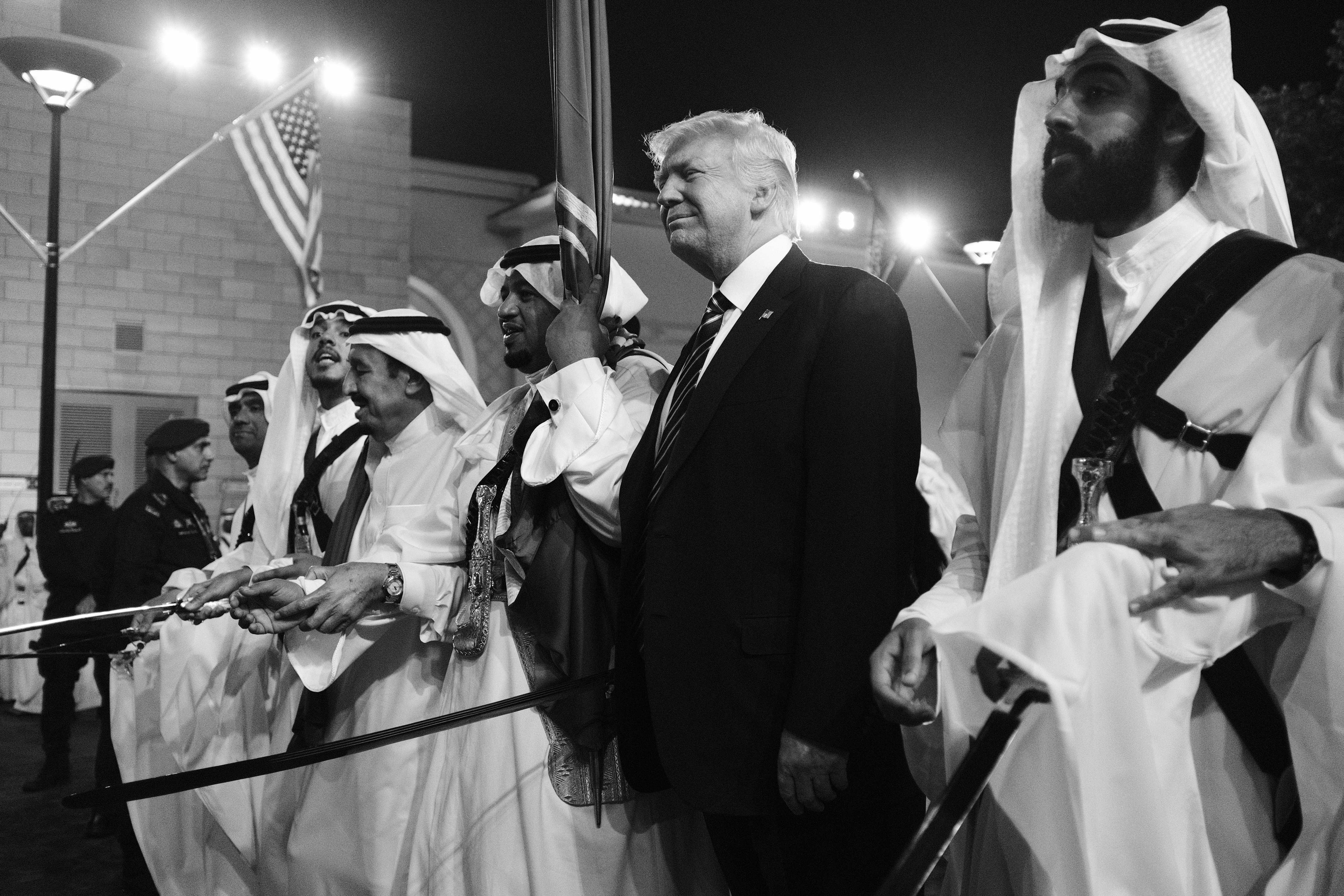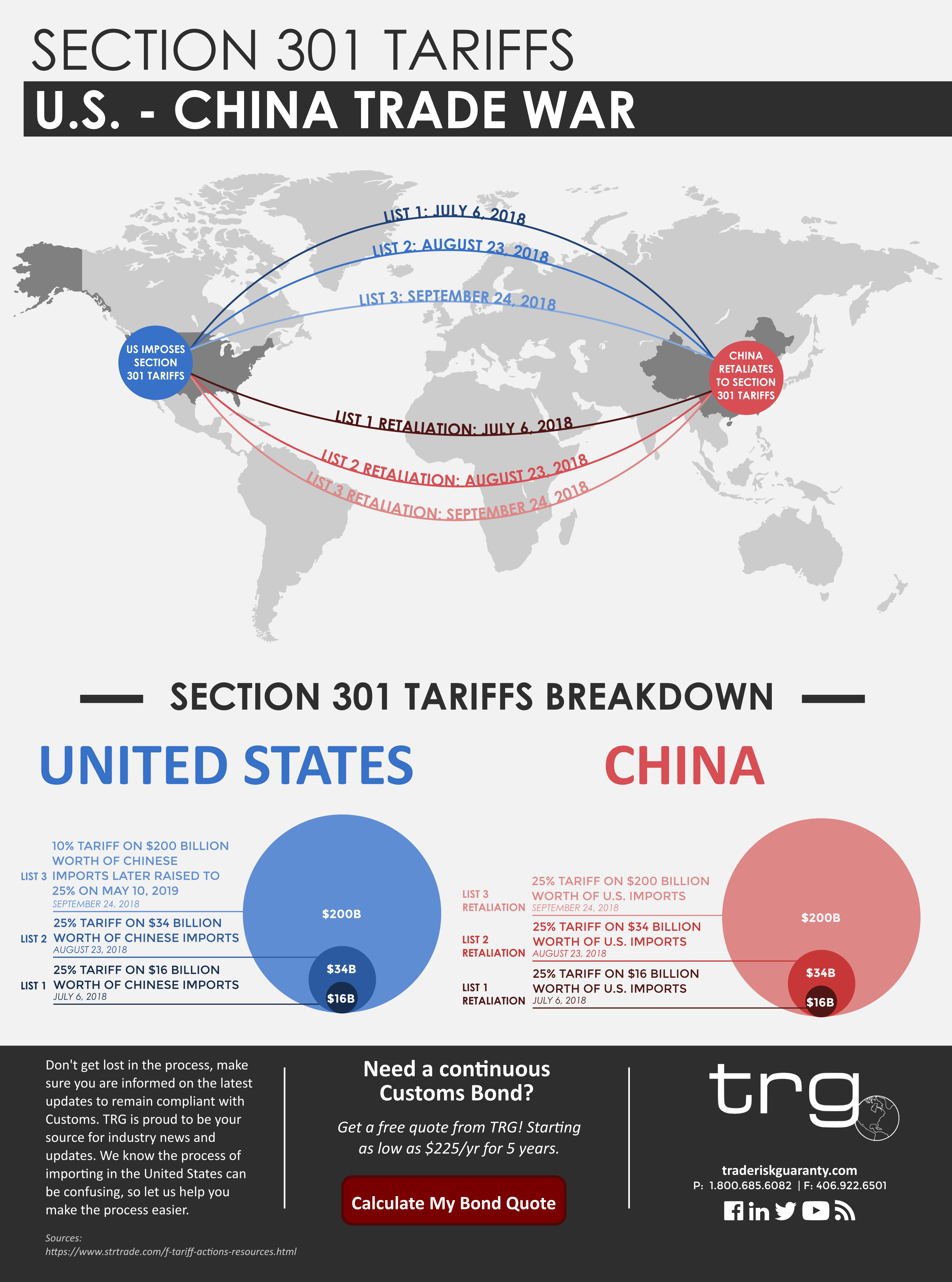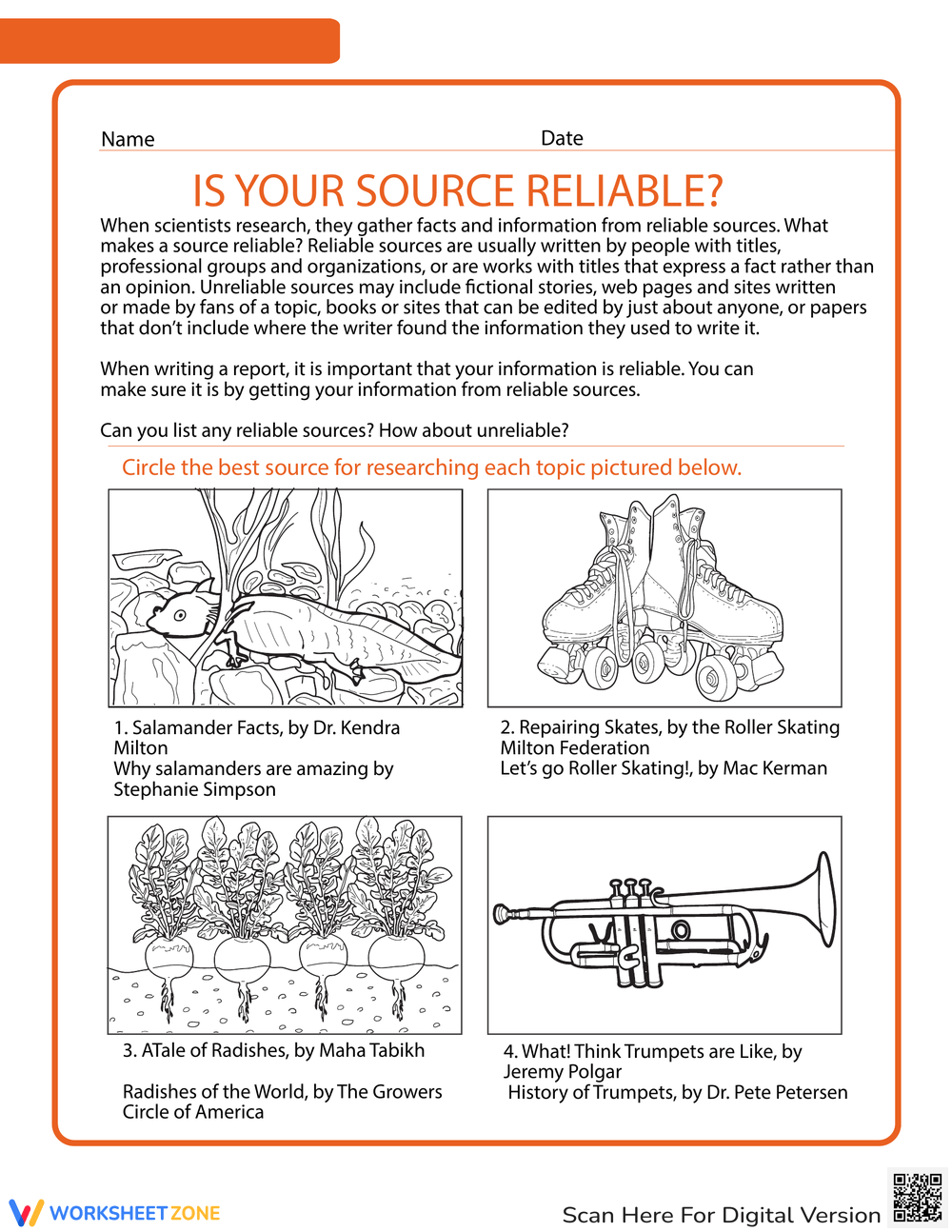The Geopolitical Fallout Of Trump's Middle Eastern Tour

Table of Contents
Shifts in Regional Alliances and Power Dynamics
Trump's approach to the Middle East dramatically shifted regional alliances and power dynamics, leaving a lasting imprint on the geopolitical landscape.
Impact on the Israeli-Palestinian Conflict
Trump's policies significantly impacted the already fragile Israeli-Palestinian peace process.
- Shift in US Support: A perceived shift towards stronger support for Israel, particularly regarding settlement construction in the West Bank, fueled Palestinian resentment and hampered negotiations.
- Abandonment of the Two-State Solution?: The Trump administration's ambiguity regarding a two-state solution raised concerns about the future of the peace process. Critics argued that his "Deal of the Century" favored Israel disproportionately.
- Impact on Settlement Expansion: The administration's less critical stance on Israeli settlement expansion further complicated the prospects for a lasting peace agreement, hindering any progress towards a negotiated two-state solution.
The lack of progress on the Israeli-Palestinian conflict under the Trump administration highlights the difficulties in finding common ground and achieving lasting peace in the region. His approach, characterized by a less mediating role and a more pro-Israel stance, had significant and lasting consequences for the Israeli-Palestinian peace process and the pursuit of a two-state solution. The continued construction of Israeli settlements in the West Bank remains a major obstacle to peace.
Reshaping Relationships Between Regional Players
Trump's visit also reshaped relationships between key regional actors, particularly Saudi Arabia, Iran, and Turkey.
- Strained Saudi-Iranian Relations: Trump's strong stance against Iran, including withdrawal from the Iran nuclear deal, further exacerbated existing tensions with Saudi Arabia and other regional rivals.
- Turkish Foreign Policy Shift: Turkey's relationship with the US became increasingly strained during this period, leading to a shift in its foreign policy orientation and a growing reliance on regional actors outside of the traditional Western alliance.
- Increased Proxy Conflicts: The heightened regional tensions fostered by Trump's policies contributed to the escalation of proxy conflicts, with devastating consequences for civilian populations.
The changing regional power balance following Trump’s visit resulted in increased instability and uncertainty. The absence of a cohesive US-led strategy allowed for greater competition and maneuvering by regional actors, ultimately complicating efforts towards regional stability and increasing the likelihood of further conflicts.
Economic and Trade Implications
Trump's Middle Eastern tour also had significant economic and trade ramifications.
Impact on Oil Prices and Global Energy Markets
Trump's policies, particularly regarding sanctions on Iran, significantly influenced oil prices and global energy markets.
- Oil Price Volatility: The fluctuating oil prices created uncertainty and risk for energy-dependent nations.
- Energy Security Concerns: The emphasis on energy independence amplified concerns about energy security in various countries across the globe.
- Impact on Global Trade: The instability in oil prices affected global trade patterns and economic growth in numerous countries.
The uncertainty created by Trump's policies resulted in increased volatility in the global energy market, affecting economies dependent on oil imports and exports. This disruption highlighted the interconnectedness of global energy markets and the need for stable and predictable policies.
Changes in Investment and Economic Cooperation
Trump's administration's approach also affected foreign direct investment (FDI) and economic cooperation in the Middle East.
- Reduced FDI in Certain Regions: Uncertainty surrounding US foreign policy led some investors to reconsider investments in the Middle East, particularly in regions deemed politically unstable.
- Strained Trade Relationships: Trump's emphasis on bilateral trade deals over multilateral agreements potentially harmed the economic development of certain Middle Eastern economies.
- Economic Instability: The combined effects of political instability and shifting economic relations led to uncertainty and hampered economic development in several Middle Eastern countries.
The unpredictability associated with Trump’s policies impacted foreign direct investment, causing a decrease in economic cooperation and harming economic development efforts within the Middle East. This resulted in increased economic instability in certain regions.
The Role of Terrorism and Regional Security
Trump's Middle Eastern tour also impacted counter-terrorism strategies and regional security.
Impact on Counter-terrorism Strategies
The Trump administration's approach to counter-terrorism involved several key changes.
- Shifting Military Priorities: A perceived shift in military priorities, away from long-term nation-building efforts, raised concerns about the sustainability of counter-terrorism strategies.
- Altered Strategic Alliances: Changes in alliances and partnerships affected the effectiveness of regional counter-terrorism efforts.
- Impact on ISIS and Al-Qaeda: The effectiveness of the revised counter-terrorism strategies regarding groups like ISIS and Al-Qaeda is a subject of ongoing debate.
The effectiveness of these shifts in counter-terrorism strategies remains a topic of ongoing debate, and their long-term implications for regional security are still unfolding.
Long-term Implications for Security and Stability
Trump’s policies had significant long-term implications for the security and stability of the Middle East.
- Increased Regional Tensions: The increased regional tensions fueled by the shifts in alliances and economic relationships heightened the risk of future conflicts.
- Escalation of Existing Conflicts: The policies potentially contributed to the escalation of existing conflicts, creating further instability and humanitarian crises.
- Rise of New Security Threats: The changes created new security challenges that required adaptation and collaboration from regional and international actors.
The lingering effects of these policy shifts continue to shape the Middle East’s security landscape. The increased regional instability created a breeding ground for future conflicts and security threats.
Conclusion
Trump's Middle Eastern tour left an undeniable mark on the region's geopolitical landscape. The shifts in regional alliances, the economic consequences, and the implications for counter-terrorism strategies continue to shape the Middle East today. Key takeaways include a significantly altered regional power dynamic, increased economic instability in some areas, and a redefined approach to counter-terrorism, with lasting implications for regional stability. What long-term consequences will we see emerge from this period of upheaval? Let's continue the conversation about the enduring implications of the geopolitical fallout of Trump's Middle Eastern legacy.

Featured Posts
-
 Leslie Jones Signs With Ope Partners Snl Alumnas Next Chapter
May 18, 2025
Leslie Jones Signs With Ope Partners Snl Alumnas Next Chapter
May 18, 2025 -
 Boston Bullpen Bolstered Analyzing The Red Sox Cardinals Trade
May 18, 2025
Boston Bullpen Bolstered Analyzing The Red Sox Cardinals Trade
May 18, 2025 -
 Preparing For Change Southwest Washingtons Response To Tariffs
May 18, 2025
Preparing For Change Southwest Washingtons Response To Tariffs
May 18, 2025 -
 800 000 Grant Awarded To Florida Space Coast Economic Development Commission
May 18, 2025
800 000 Grant Awarded To Florida Space Coast Economic Development Commission
May 18, 2025 -
 Indias Economic Isolation Of Pakistan Turkey And Azerbaijan
May 18, 2025
Indias Economic Isolation Of Pakistan Turkey And Azerbaijan
May 18, 2025
Latest Posts
-
 The Positive Economic Ripple Effect Of Huge Rave Events
May 18, 2025
The Positive Economic Ripple Effect Of Huge Rave Events
May 18, 2025 -
 Walton Goggins Snl Appearance Analyzing The Who Gonna Die Promo
May 18, 2025
Walton Goggins Snl Appearance Analyzing The Who Gonna Die Promo
May 18, 2025 -
 Southwest Washingtons Economic Future Navigating Tariff Challenges
May 18, 2025
Southwest Washingtons Economic Future Navigating Tariff Challenges
May 18, 2025 -
 Economic Benefits Of Large Scale Rave Festivals
May 18, 2025
Economic Benefits Of Large Scale Rave Festivals
May 18, 2025 -
 Find The Best Entertainment News Here Reliable Sources And In Depth Coverage
May 18, 2025
Find The Best Entertainment News Here Reliable Sources And In Depth Coverage
May 18, 2025
